Infusing Care with Humanity, Bestowing Respect upon Life —— An Extraordinary Heavy Ion Rehabilitatio
Infusing Care with Humanity, Bestowing Respect upon Life
—— An Extraordinary Heavy Ion Rehabilitation Department
Modern medicine clearly recognizes that tumors are genetic diseases — malignant proliferative disorders caused by gene mutations in the human body triggered by adverse environmental factors (carcinogens), which then evade the immune surveillance system. From a scientific perspective, as people age, the accumulation of gene mutations and immune senescence significantly increase the risk of cancer. With the rise in human life expectancy, the number of patients with malignant tumors will continue to grow.
Currently, only a small proportion of patients with malignant tumors can be cured. Most require long-term and complex treatment to control tumor growth and prolong life. Many patients, especially those in advanced stages, must resort to a form of supportive medical care — palliative treatment.
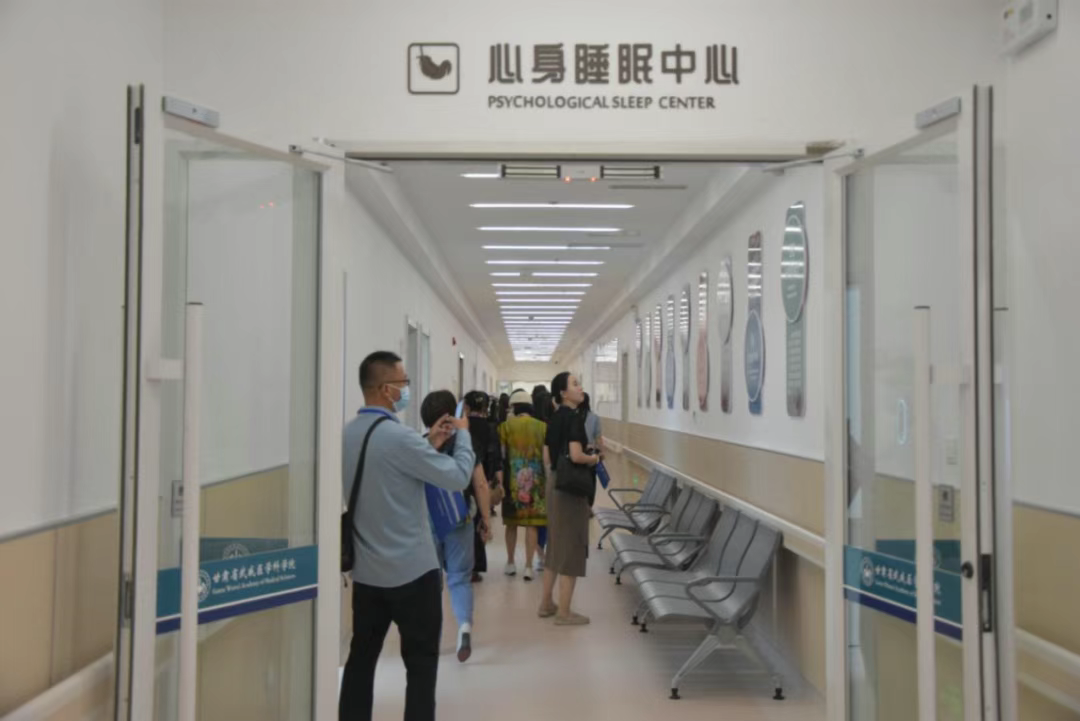
The essence of palliative care is "Adding life to days, not days to life"— prioritizing quality of life over mere survival time. Its core lies in patient-centered, multidimensional symptom control and quality-of-life optimization, which can be summarized in three key principles:
1.Symptom-Oriented Approach – Prioritizing the relief of physical suffering (e.g., pain, dyspnea, nausea) over pursuing tumor eradication.
2.Holistic Humanistic Care – Addressing not just the biological disease but also psychological (anxiety/depression intervention), social (family support), and spiritual (meaning-seeking) needs.
3.Dynamic Decision-Making – Adjusting goals based on disease stage: from concurrent anti-tumor therapy (e.g., pain management during chemotherapy) to pure comfort care in the terminal phase (e.g., end-of-life sedation).
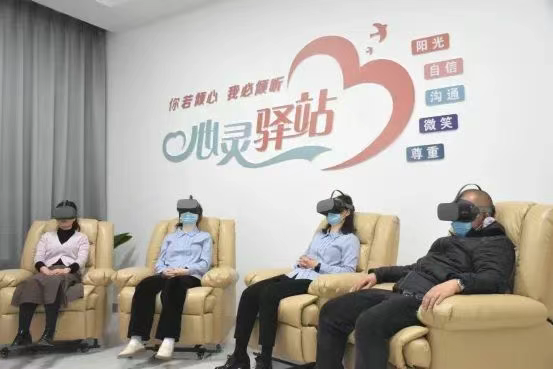
The complexity of malignant tumor treatment determines that the road ahead remains long and arduous. An increasing number of tumor-related symptoms—both from the disease itself and its treatment—significantly impair patients' quality of life.
The essence of Oncological Rehabilitation is function-centered recovery, achieved through multidisciplinary collaborative interventions to improve functional impairments in cancer patients and those caused by treatment, thereby enhancing quality of life and dignity in survival. Its core philosophy is:
"Beyond Antitumor Therapy: Restoring the Person Behind the Disease" (Going beyond tumor suppression to rebuild the whole personaffected by the disease).
Key features of oncological rehabilitation include:
1.Problem-Oriented Approach – Targeted interventions addressing physical impairments (e.g., lymphedema, peripheral neuropathy), psychological disorders (e.g., anxiety/depression), and social adaptation challenges caused by the tumor or its treatment (surgery, chemotherapy, radiotherapy).
2.Full-Cycle Integrated Care – A continuous intervention chain spanning from early diagnosis (prehabilitation), through treatment phase (protective function maintenance), to survivorship (long-term sequelae management).
3.Individualized & Tiered Goal Setting – Tailoring differentiated objectives based on tumor stage, prognosis, and patient needs: from basic symptom control (e.g., pain relief) to advanced functional restoration (e.g., upper limb mobility recovery after breast cancer surgery).
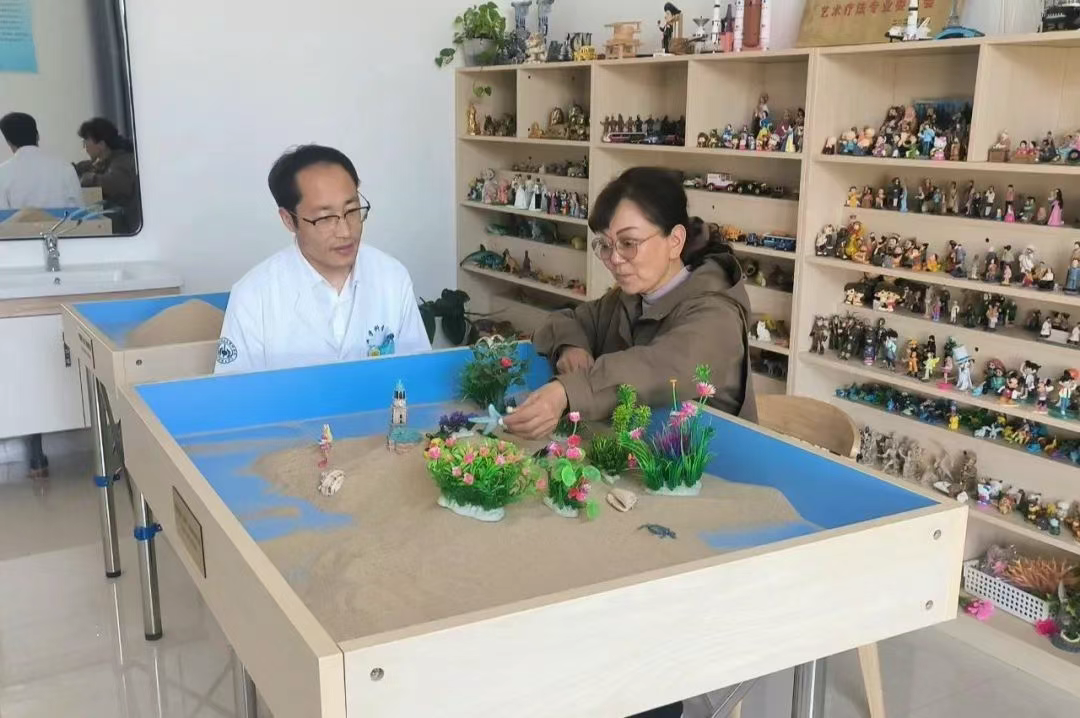
The vision of modern medicine is evolving toward the "Biopsychosocial Medical Model," with growing recognition of the importance of psychosomatic medicine.
The essence of Psychosomatic Medicine is the study of the dynamic interplay between psychological, social factors, and biological mechanisms in disease. Its core principle is:
"No purely physical disease, no purely mental illness." (There is no disease that is entirely physical, nor is there any illness that is purely mental.)
Psychosomatic medicine emphasizes:
1.Holistic Perspective – Disease arises from the interconnected effects of psychological, neurological, endocrine, and immune systems (the PNI axis).
2.Bidirectional Mechanism – Psychological stress can trigger physical symptoms (e.g., stress-induced ulcers), while chronic illnesses can, in turn, worsen emotional states (e.g., depression exacerbating pain).
3.Practical Application – Psychological interventions (e.g., cognitive-behavioral therapy) can improve the prognosis of physical diseases.
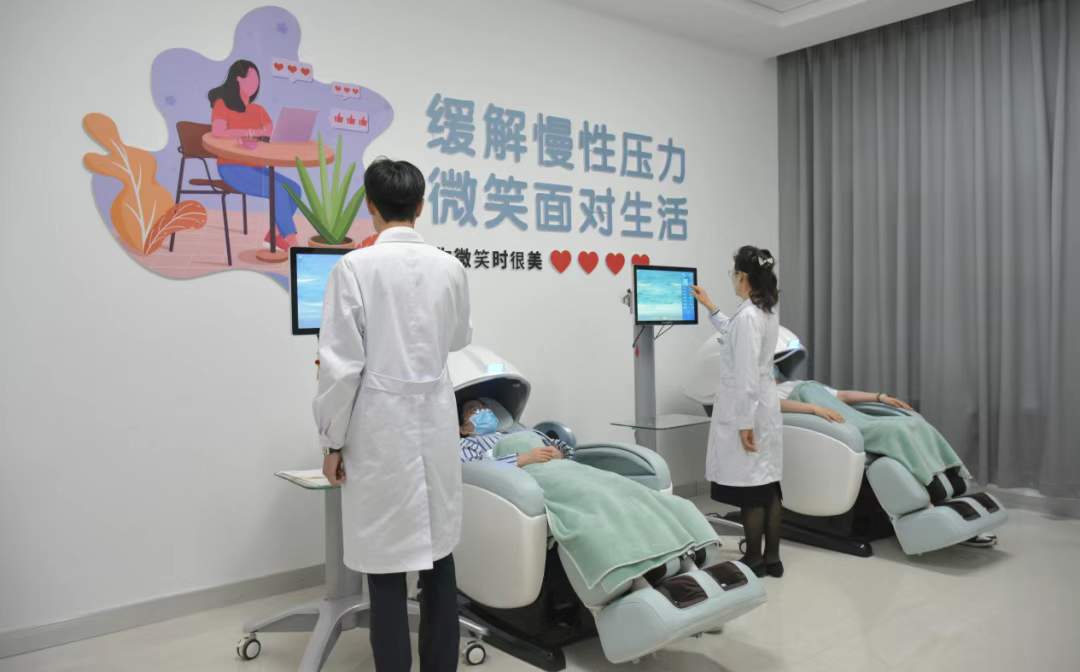
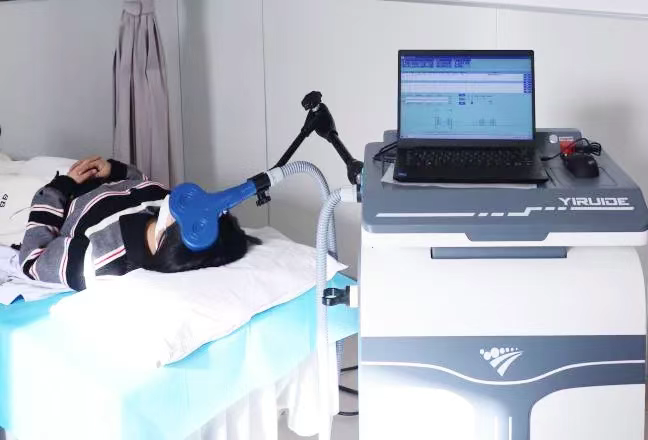
With the improvement of socioeconomic standards and the acceleration of life pace, sleep disorders have become an increasingly prominent issue.
Sleep Medicine is a multidisciplinary field that investigates the pathophysiological mechanisms of sleep-wake disorders and delivers precision interventions based on the biopsychosocial medical model, aiming to restore physiological sleep rhythms and functional health. Its core philosophy is:
"Sleep is not just rest, but a pillar of systemic health." (Sleep is not merely a period of rest, but a fundamental pillar supporting overall health.)
Key features of Sleep Medicine include:
1.Rhythm & Functional Orientation – Focuses on improving sleep quality, circadian regulation, and sleep-related functional impairments, rather than merely extending sleep duration.
2.Multidimensional Etiological Intervention – Implements layered, targeted therapies addressing biological factors (e.g., upper airway collapse in OSA), psychological factors (e.g., CBT for insomnia), and environmental influences (e.g., light exposure adjustment).
3.Full-Chain Management – Encompasses screening (questionnaires/PSG monitoring), acute-phase treatment (e.g., CPAP therapy), and long-term health maintenance (sleep hygiene education).
Introduction to the Psychosomatic Sleep Center
Our hospital is committed to the mission of "Gathering Global Cutting-Edge Technologies, Benefiting Cancer Patients Worldwide," and is dedicated to the vision of "Becoming a Global Destination for Patients to Overcome Cancer."
The Heavy Ion Rehabilitation Department, located in the Heavy Ion Hospital Area, has been established under the call of this great mission. It aims to achieve "Comprehensive Lifespan Health Management for Cancer Patients," guided by the principles of integrated traditional Chinese and Western medicine and psychosomatic medicine. The department focuses on the functions of palliative care, rehabilitation therapy, traditional Chinese medicine treatment, and integrated rehabilitation therapy for patients with sleep disorders, while also accommodating rehabilitation treatments for other diseases.
Equipped with advanced facilities and set in a pleasant environment, the department houses a "Psychosomatic Sleep Center" and implements 10S Sleep Management, making it a distinctive specialty unit dedicated to "Improving Patients' Quality of Life." It primarily admits patients in need of rehabilitation (palliative care and traditional Chinese medicine treatment), those requiring psychosomatic rehabilitation and convalescence, and patients with sleep disorders.
The department is open to all patients within the hospital area, providing traditional Chinese medicine (TCM) consultations, psychological consultations, rehabilitation consultations, and sleep medicine consultations, as well as cross-disciplinary rehabilitation treatments. It is dedicated to serving all patients throughout the hospital with enthusiasm.
The Psychosomatic Sleep Center of the Heavy Ion Rehabilitation Department adheres to the principle of "Mind-Body Integration and Collaborative Treatment," focusing on addressing various sleep disorders and psychosomatic-related diseases.
The Psychosomatic Sleep Center has specially invited Professor Chen Kaibing, a renowned sleep medicine expert in our province, to provide regular consultations at our hospital.
